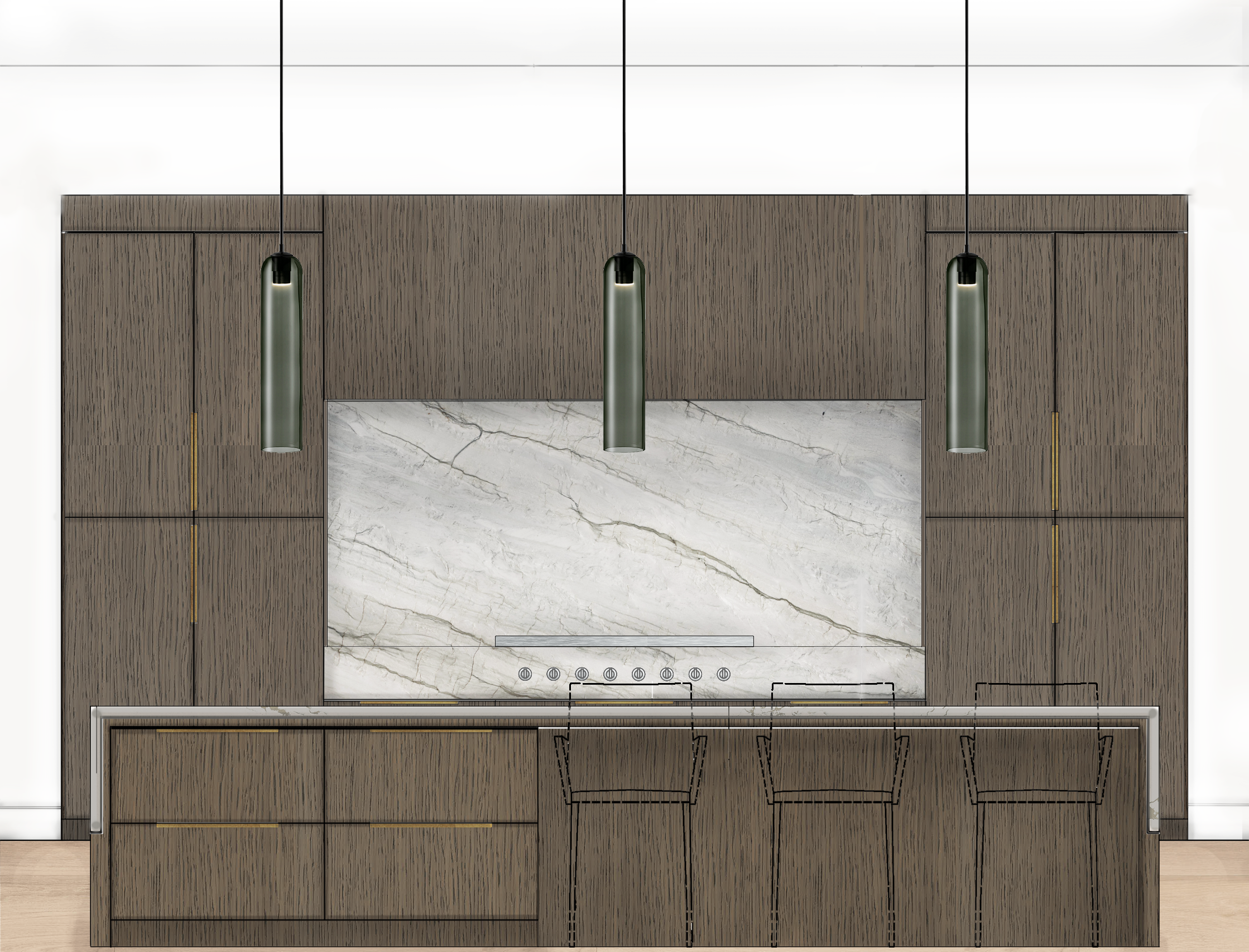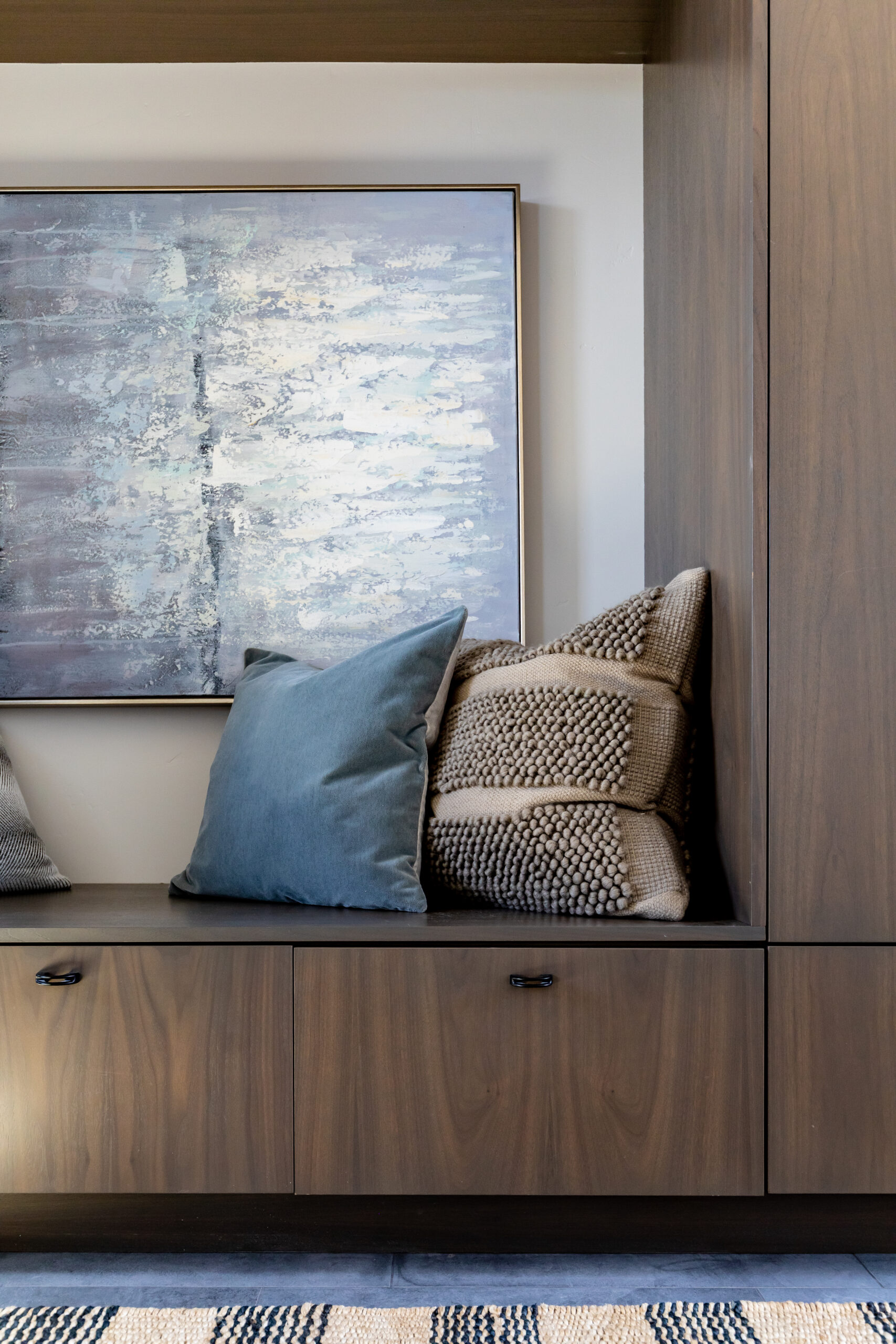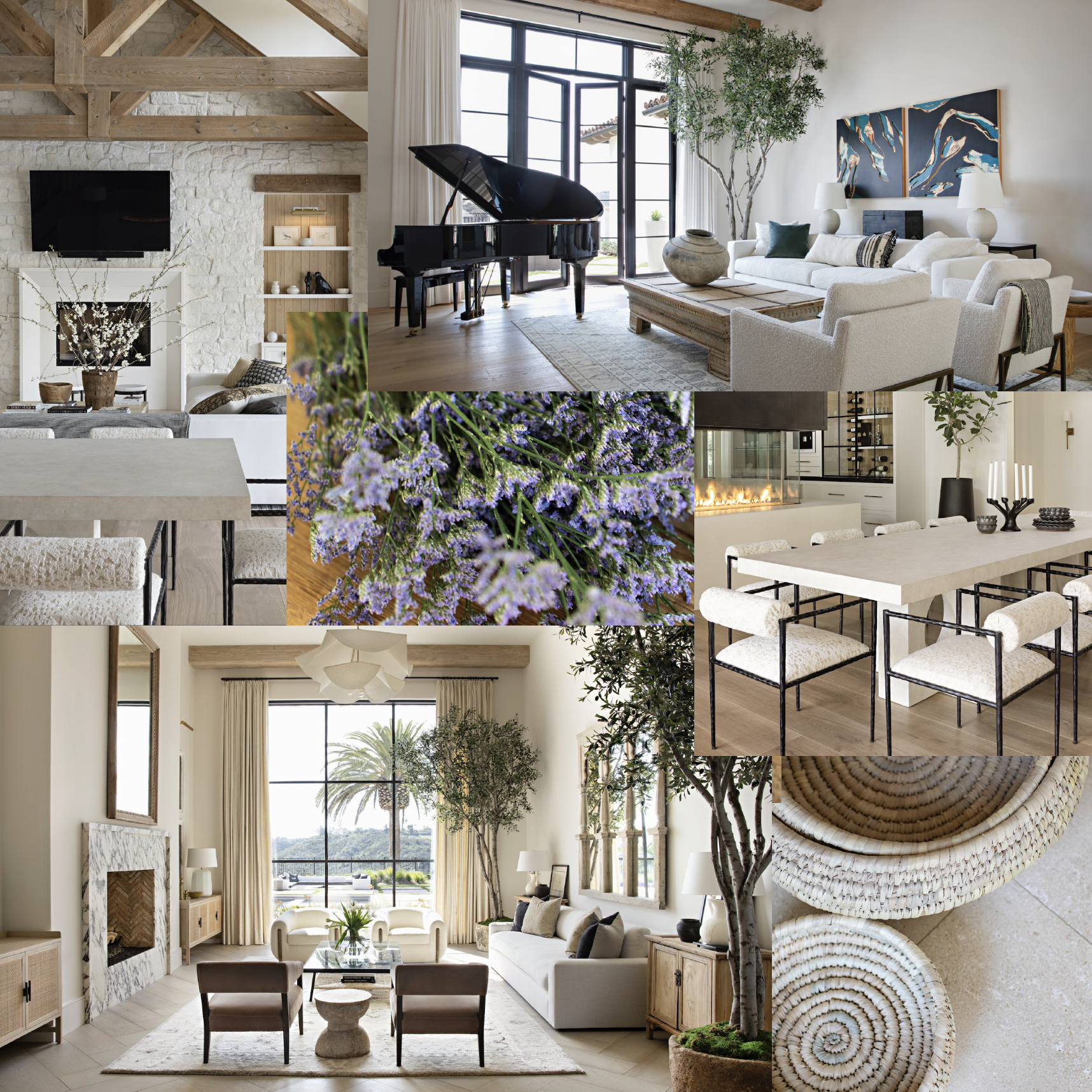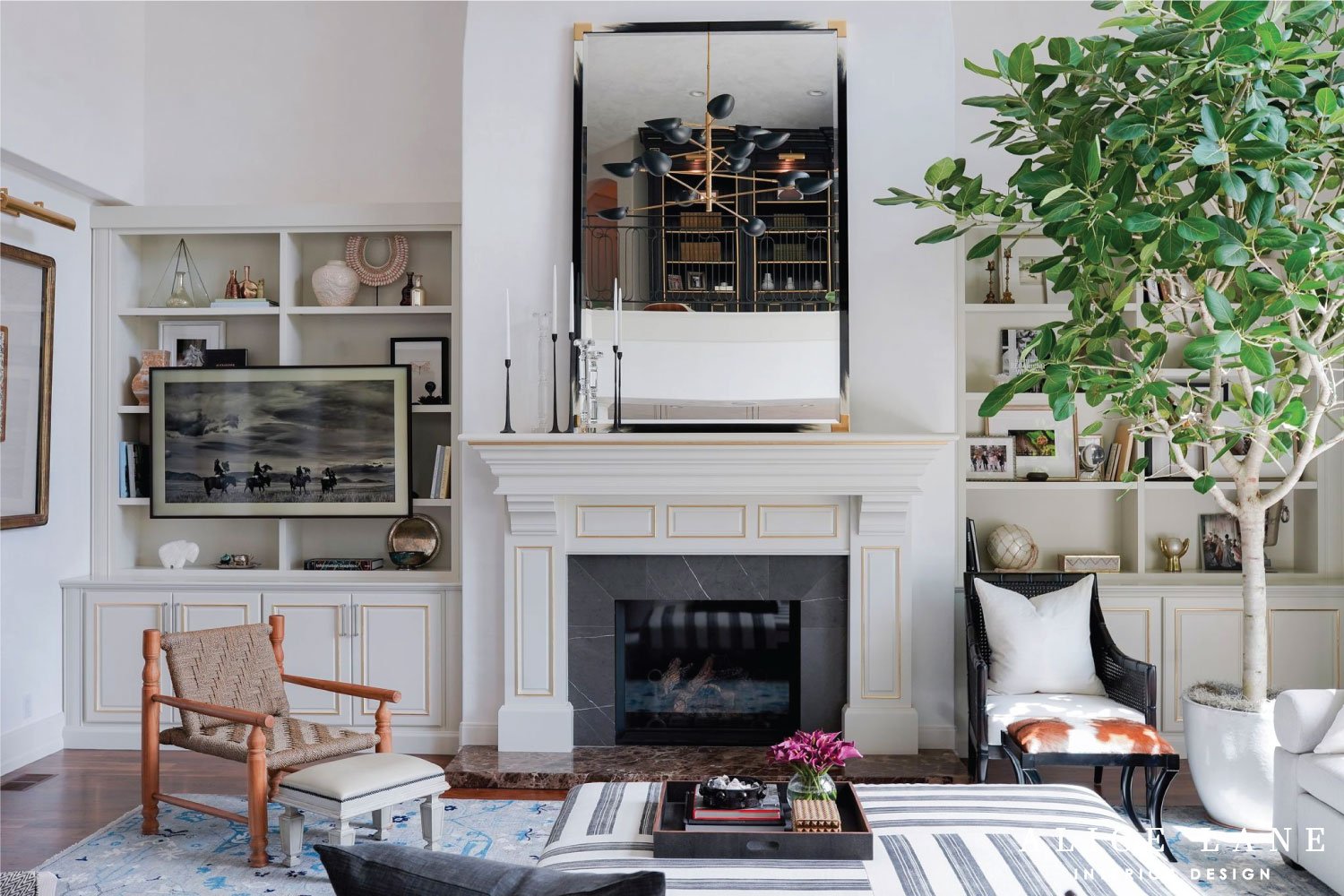The significance of Interior Design
Interior design goes beyond mere aesthetics; it is a transformative art that shapes the way we live, work, and experience the world around us.
Aesthetics with Purpose:
At its core, interior design is about creating visually appealing spaces with a purpose. Thoughtful selection of colors, textures, and furnishings can evoke specific emotions, enhance mood, and create an atmosphere that aligns with the intended use of the space. Aesthetics become a language through which we express our individuality and shape the ambiance of our surroundings.
Improved Functionality and Efficiency:
Well-designed spaces are not just visually pleasing; they are also highly functional and efficient. Interior designers carefully plan layouts, furniture arrangements, and storage solutions to optimize the use of space. Whether it’s a cozy living room or a productive workspace, functionality is a key consideration that contributes to the overall success of a design.


Enhancing Well-being and Comfort:
The impact of interior design on well-being is profound. Comfortable furniture, proper lighting, and thoughtful spatial arrangements contribute to physical comfort and reduce stress. Spaces that align with our personal preferences and provide a sense of sanctuary enhance mental well-being, creating environments where we can relax, recharge, and thrive.
Personalization and Identity:
Our homes and personal spaces are a reflection of who we are. Interior design allows us to infuse our spaces with elements that resonate with our personalities, interests, and memories. Personalized spaces create a sense of identity and belonging, making our homes truly unique and meaningful to us.
Increased Productivity and Creativity:
In the workplace, well-designed environments can have a significant impact on productivity and creativity. Thoughtfully designed offices with ergonomic furniture, optimal lighting, and collaborative spaces foster a positive work environment. Aesthetically pleasing surroundings can inspire creativity and innovation, contributing to a more dynamic and efficient workflow.
Resale Value and Investment:
Beyond immediate gratification, interior design can also be a wise investment. Well-designed spaces can increase the resale value of a property (not that we recommend designing for anyone other than yourself). Potential buyers are often drawn to homes that are aesthetically pleasing, functional, and well-maintained. Investing in interior design can yield returns both in terms of personal satisfaction and property value.
Adaptability to Changing Needs:
Life is dynamic, and interior design allows spaces to adapt to changing needs. As families grow, work situations evolve, or lifestyles shift, a well-designed space can accommodate these changes. Flexibility and adaptability are essential aspects of interior design that ensure spaces remain relevant and functional over time.

In essence, interior design is a powerful tool that shapes the way we experience and interact with our surroundings. Whether it’s creating a cozy home, an inspiring workspace, or a vibrant commercial establishment, the importance of interior design lies in its ability to enhance our quality of life by crafting spaces that align with our needs, preferences, and aspirations.




